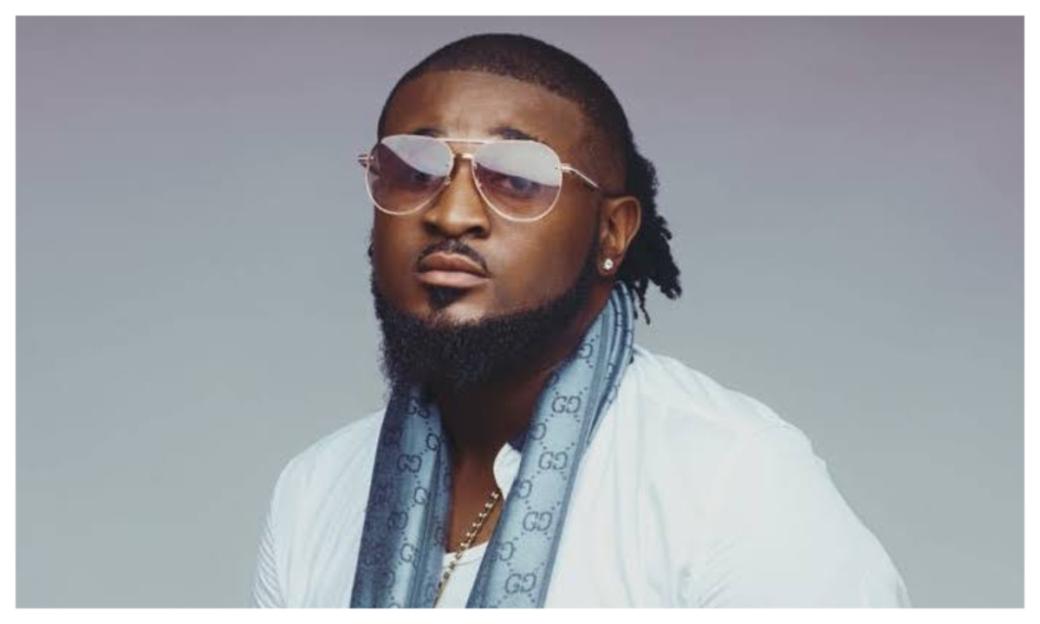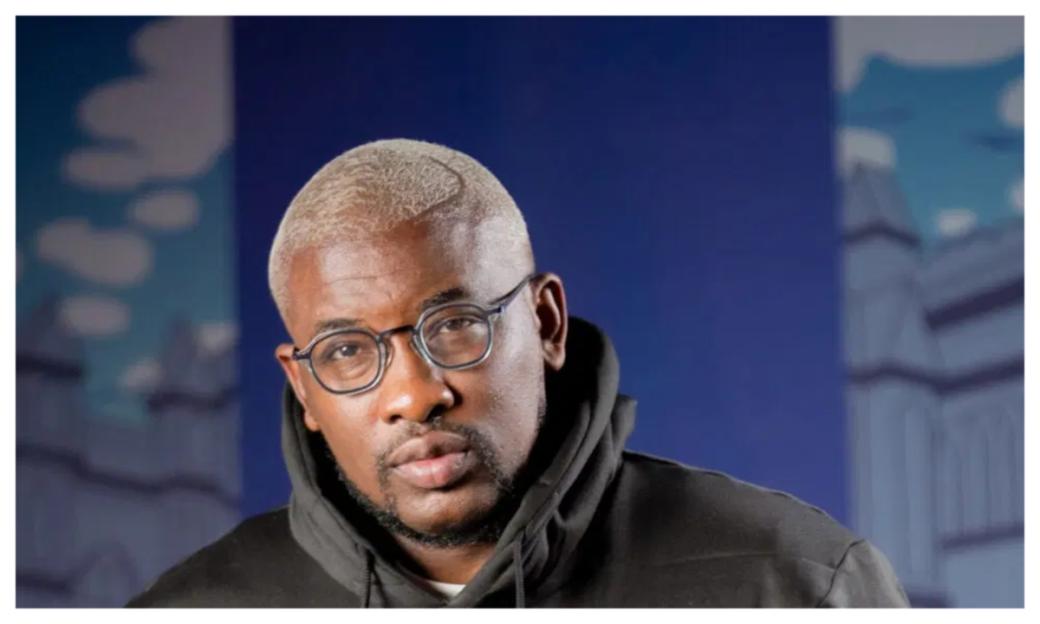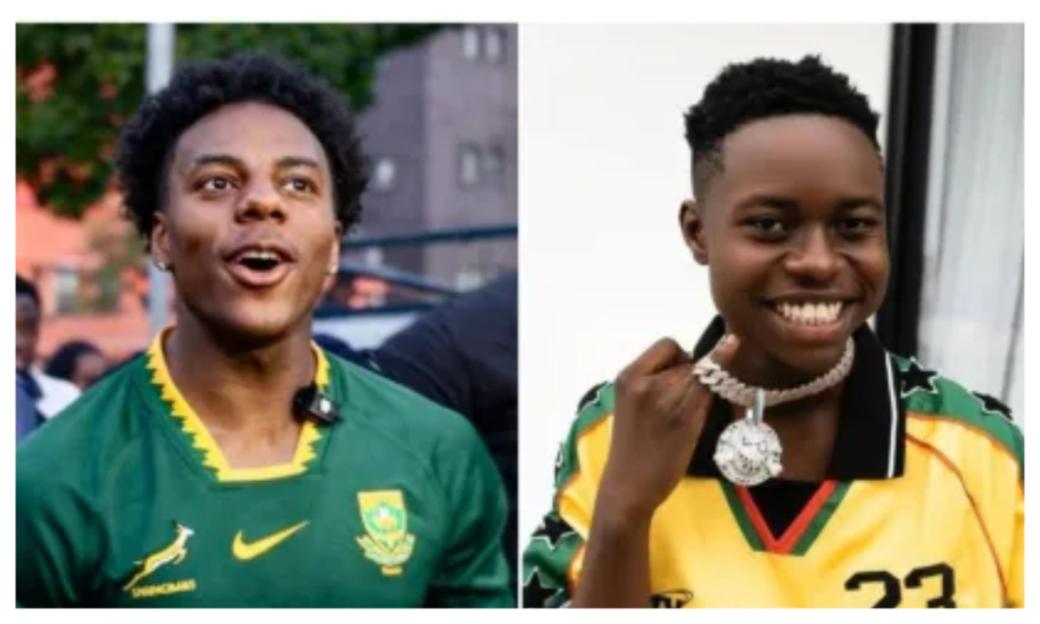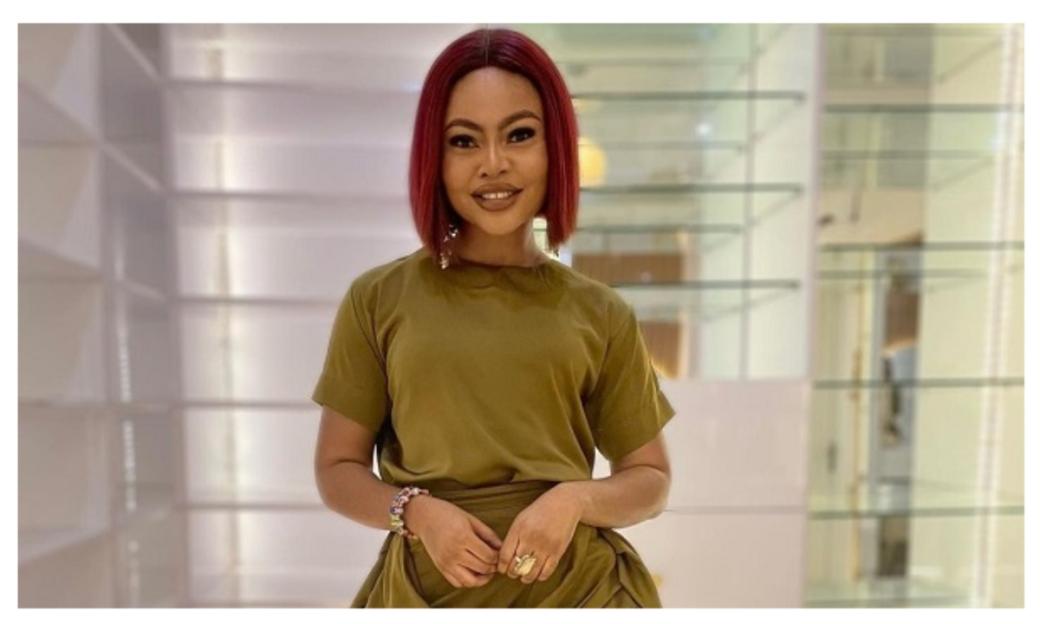Table of Contents
Veteran Nollywood actress Ngozi Nwosu has disclosed that she called off her wedding after enduring continuous physical abuse from her former partner.
During her appearance on Real Life With actress Aunty Ayo Adesanya, Nwosu shared a harrowing incident where her partner once pulled her by the hair until she bled.
She explained that this traumatic experience led her to end the relationship just a day before their wedding.
Nwosu mentioned that despite facing pressure from both her family and her partner to go through with the marriage, she resolutely refused to sign the marriage documents.
The actress cautioned women against remaining in abusive relationships, emphasizing that violence should never be tolerated.
“Marriage is not a matter of life and death. When domestic violence escalates, it’s best to walk away. If you accept it once, be prepared to continue accepting it for the rest of your life,” she stated.
“My husband was a violent individual. I recall one day he smashed the kitchen door while I was boiling water, yanked me by my hair, and I began to bleed. That’s a day I will always remember.”
“I don’t know where I found the strength that day, but I grabbed a pestle, ready to defend myself; I was prepared to face the consequences. My neighbors even witnessed me in that vulnerable state,” she recounted.
“Do not stay with a man who physically assaults you and then apologizes afterward. Once it occurs, it is likely to happen again,” she advised.
FAQs
What should I do if I am in an abusive relationship?
It is essential to seek help immediately. Reach out to trusted friends, family, or professionals who can support you in leaving the situation safely.
How can I recognize signs of an abusive relationship?
Signs of an abusive relationship can include physical violence, emotional manipulation, controlling behavior, and threats. If you feel unsafe, it is crucial to take those feelings seriously.
Is it common for abusers to apologize after an incident?
Yes, many abusers will apologize after an incident, but this behavior often continues. It is vital to recognize that apologies do not change abusive behavior.







